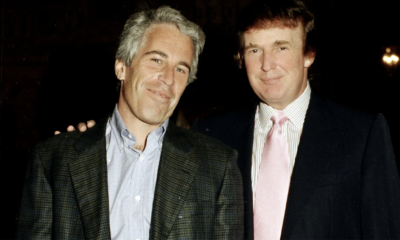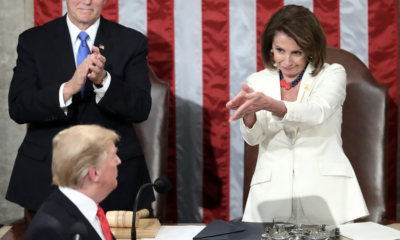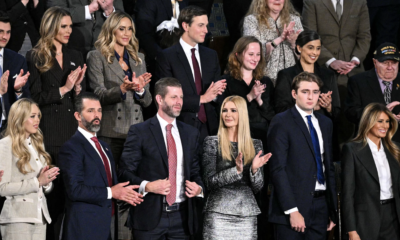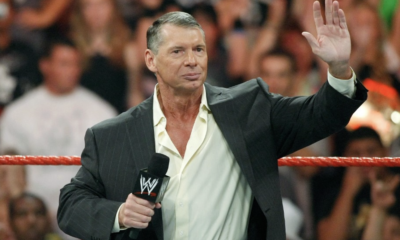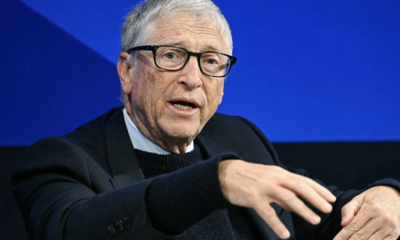Analysis
Biden-Harris, where does India stand
The dramatic shift in US presidential elections with Democrats Biden-Harris coming to power has turned heads in India. While US-India bonhomie will continue, it will not be as warm as it was during former president Donald Trump’s regime.
Biden during his presidential campaign had criticized the BJP-led government’s Citizenship Amendment Act (CAA) and the National Register of Citizens (NRC) despite the Indian government saying that it is an internal matter. “These measures are inconsistent with the country’s long tradition of secularism and with sustaining a multi-ethnic and multi-religious democracy.” He had also highlighted the Kashmir issue. “In Kashmir, the Indian government should take all necessary steps to restore rights for all the people of Kashmir. Restrictions on dissent, such as preventing peaceful protests or shutting or slowing down the internet, weaken democracy,” Biden had said.
Harris, the US Vice President-elect, had been very vocal about the government imposed statewide lockdown in Jammu and Kashmir following the abrogation of Article 370 in August 2019. “We have to remind the Kashmiri people that they are not alone in the world. We are keeping track on the situation. There is a need to intervene if the situation demands,” she had said. Moreover, Harris, US’s first vice president of Indian descent, has been a critic of the Modi-government. And she had also lashed out at India’s External Afairs Minister S Jaishankar for refusing to attend a meeting of House Foreign Affairs Committee because Pramila Jayapal, a staunch critic of India’s action in the valley, had introduced a reolution in the House on Kashmir. And notedly, Harris with other India-origin Democrats had boycotted the Howdy Modi event in Texas.
Biden is also very much aware about the issues impacting India – issues of cross border terrorism, influx of terrorism across borders in Kashmir, issue of Hindu minorities’ sufferings in Kashmir, issues in the Indo-Pacific region with China, rising role of India as a stronger US-ally in all areas including economic growth, counter-terrorism, fight for human rights, global security and climate change. In October, he had said the US and India will stand together against terrorism in all its forms and work together to promote a region of peace and stability where neither China nor any other country threatens its neighbors.
Also Read: US President-elect Joe Biden calls for unity and healing
Salvatore Babones, an American sociologist and associate professor at the University of Sydney, had written in Foreign Policy that New Delhi should be wary of how Kamala Harris might be tougher on India as vice president, putting human rights at the center of her approach. “But I think the relationship between the two countries is robust enough to adapt. After all, Obama criticized Hindu majoritarianizm when he visited India in 2015. Utimately, the US and India will find common cause in their hardening stances against China,” Babones said. During Trump’s tenure US-India had drawn closer in the face of a rising China. This relation is crucial now more than ever, as India looks for an anchor from further economic downturn brought about by COVID-19 pandemic.





